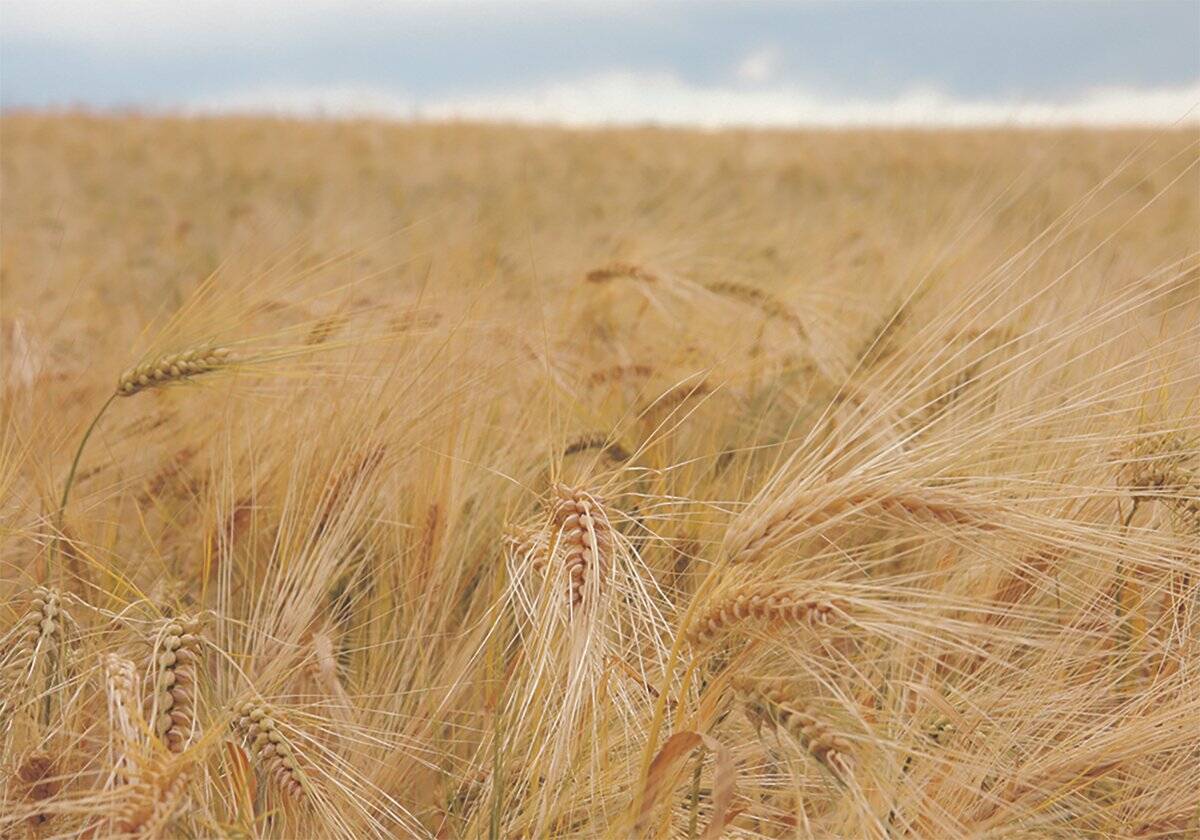Claims from Ontario’s growers of greenhouse bell peppers that competitors from the Netherlands are dumping product in Canada have led to a steep new duty on the Dutch peppers.
The Canada Border Services Agency (CBSA) on Monday announced a “preliminary determination of dumping” of greenhouse bell peppers originating in or exported from the Netherlands.
The finding comes with a provisional anti-dumping duty worth 95 per cent of the export price, CBSA said in a memo Monday.
The duty, based on the estimated margin of dumping, is payable on all eligible Dutch peppers released from CBSA on or after Monday, the agency said.
Read Also

Feed Grain Weekly: Barley still the king of Canadian feed grains
Brandon Motz of CorNine Commodities in Lacombe, Alta. said barley is still the preferred feed grain of choice here and abroad.
CBSA said Monday it would post its “statement of reasons” for its findings within 15 days on the agency’s website.
“Dumping” is defined as when goods are sold to importers in Canada at prices that are lower than the selling price of comparable goods in the country of export, or when goods are sold to Canada at unprofitable prices.
The agency’s decision follows a finding from the Canadian International Trade Tribunal (CITT) last month that ruled “there is evidence that discloses a reasonable indication that the dumping of the (Dutch peppers) has caused injury” to Ontario growers.
“Injury” from dumping is defined as a case in which the Canadian industry faces reduced prices, lost sales, lost market share, decreased profits or “other such difficulties.”
CBSA said in March it would investigate the complaint filed by the Ontario Greenhouse Vegetable Growers, based at Leamington, southeast of Windsor.
The OGVG alleged the dumping of Dutch peppers is harming Canadian production by causing “lost sales, price erosion, price suppression, reduction in gross margins and reduced profitability,” CBSA said at the time.
“Significant risk”
According to the OGVG’s initial complaint, the Netherlands has a selling season for bell peppers that’s similar to the Canadian marketing season. Importers sell the Dutch product to wholesalers for the restaurant sector as well as retailers including larger chains such as Loblaws, Sobeys, Safeway and Metro.
The OGVG said it predicts a “significant risk” that Dutch peppers will be diverted in greater numbers to the Canadian market in 2010.
Dutch pepper imports to the U.S. have been blocked since October 2009, the group said, for fear of shipments carrying false codling moth, a major fruit pest in Africa that has yet to establish itself in the U.S.
The OGVG, which represents 236 greenhouse growers, has 41 members who grew bell peppers in 2009, who it says represent about 60 per cent of the value of Canadian bell peppers grown. The other 40 per cent comes mostly from B.C. greenhouses.
Specific numbers were blanked out of the Ontario growers’ complaint posted by the CBSA, but the Ontario growers said that “as an industrialized country, it is believed that the cost structure in the Netherlands would be very similar to that of Ontario greenhouse bell pepper growers.”
Peppers being a perishable commodity, prices “fluctuate to what is necessary to clear the market,” the OGVG wrote at the time. “With Dutch peppers being flown (and shipped) to Canada, and being offered at extremely low dumped prices, the Canadian market price is continually being disrupted.”














